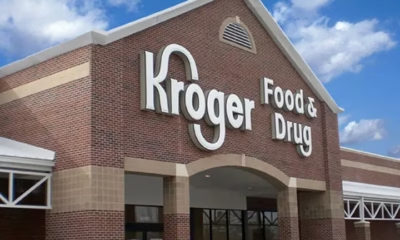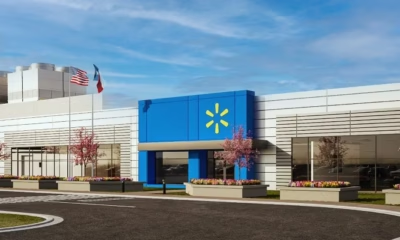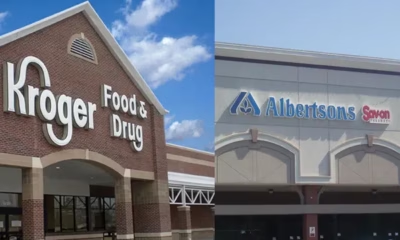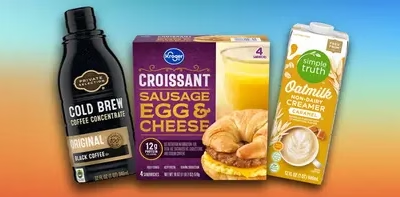Merge & Acquisition
Kroger CEO: Rising Grocery Costs Driven by Fuel, Credit Card Fees, and Other Expenses, Not Price Gouging
McMullen firmly stated that Kroger would “absolutely not” raise prices if the merger is approved, asserting that maintaining value for customers is crucial

Kroger CEO Rodney McMullen testified in court on Wednesday during the Kroger-Albertsons antitrust merger trial in Portland, Oregon, emphasizing that the escalating prices of grocery items are largely attributed to rising costs associated with fuel, credit card swipe fees, and other expenses, rather than any intent to price gouge consumers. The case, brought by the Federal Trade Commission (FTC) and nine attorneys general to block Kroger’s $24.6 billion acquisition of Albertsons, commenced on August 26 and is expected to conclude on September 13.
In his testimony, McMullen firmly stated that Kroger would “absolutely not” raise prices if the merger is approved, asserting that maintaining value for customers is crucial. He noted, “You can’t price your items above the market,” reinforcing Kroger’s commitment to competitive pricing, as reported by Reuters.
The rising costs have been a significant counterargument against the FTC’s claims that Kroger, the nation’s largest pure-play grocer, has been unfairly inflating prices on essential items like eggs and milk. In the trial’s first week, the FTC presented an email from Andy Groff, Kroger’s senior director for pricing, which indicated that the grocery chain had raised prices for both eggs and milk at rates exceeding inflation.
This increase can be partly attributed to an outbreak of highly pathogenic avian influenza (HPAI) that has decimated millions of birds since 2022. According to a USDA report, a new outbreak identified in November 2023 contributed to a surge in egg prices, which were 19.1% higher in July 2024 compared to the same month in the previous year, although they remained below the peak prices seen in January 2023. The USDA predicts a further 2.4% increase in egg prices for 2024, but the forecast carries a wide margin of uncertainty.
In response to the FTC’s allegations, Kroger stated in an email to Supermarket News that the Groff email was misleading. A Kroger spokesperson argued that the email cherry-picked data from a specific timeframe and did not accurately represent the company’s long-standing strategy of reducing prices by lowering profit margins.
Kroger attorney Matthew Wolf, a partner at Arnold & Porter, echoed McMullen’s assertions during his opening statements, highlighting the common-sense notion that increased sales lead to higher hourly wages, employee costs, and various operational expenses. He emphasized that all these factors contribute to the real costs impacting profit margins.
On the other hand, FTC Deputy Chief Trial Counsel Susan Musser contended that the merger would eliminate crucial competition between Kroger and Albertsons, which she argued is essential for keeping prices low. She characterized Kroger’s assurances of lower prices as “unenforceable promises,” insisting that these claims should be evaluated against the existing competitive landscape between the two grocery chains.





















